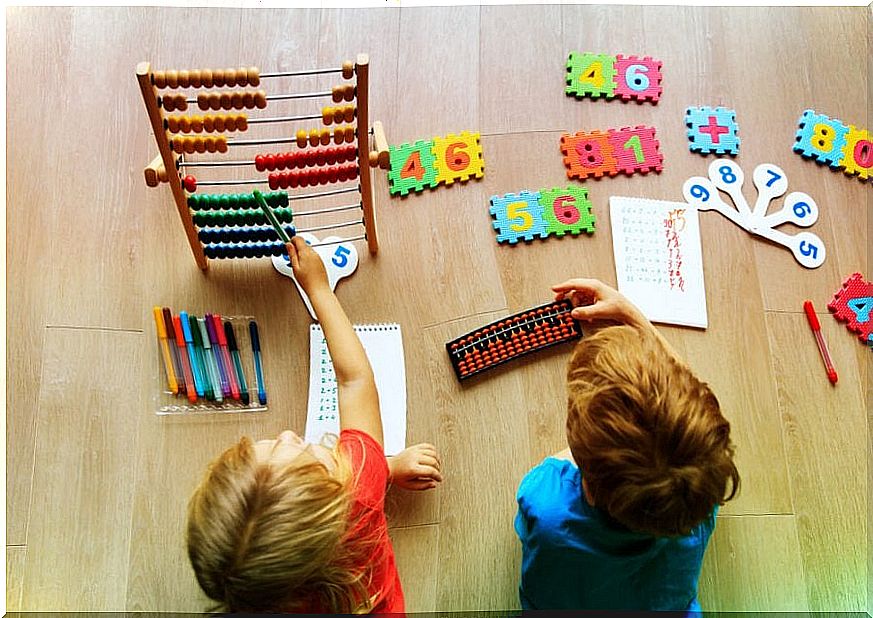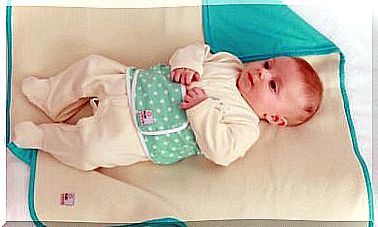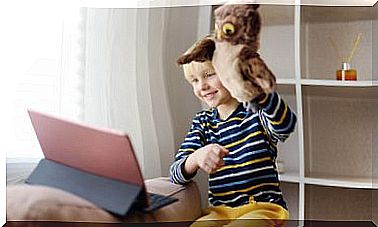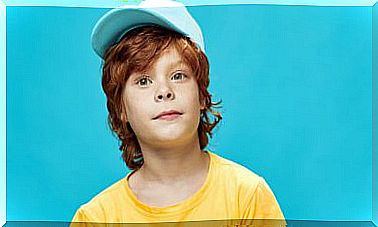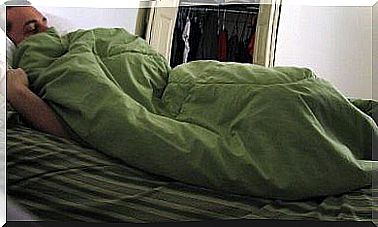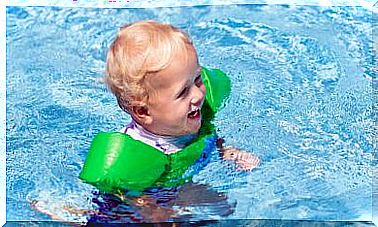How To Know If My Child Has Dyscalculia
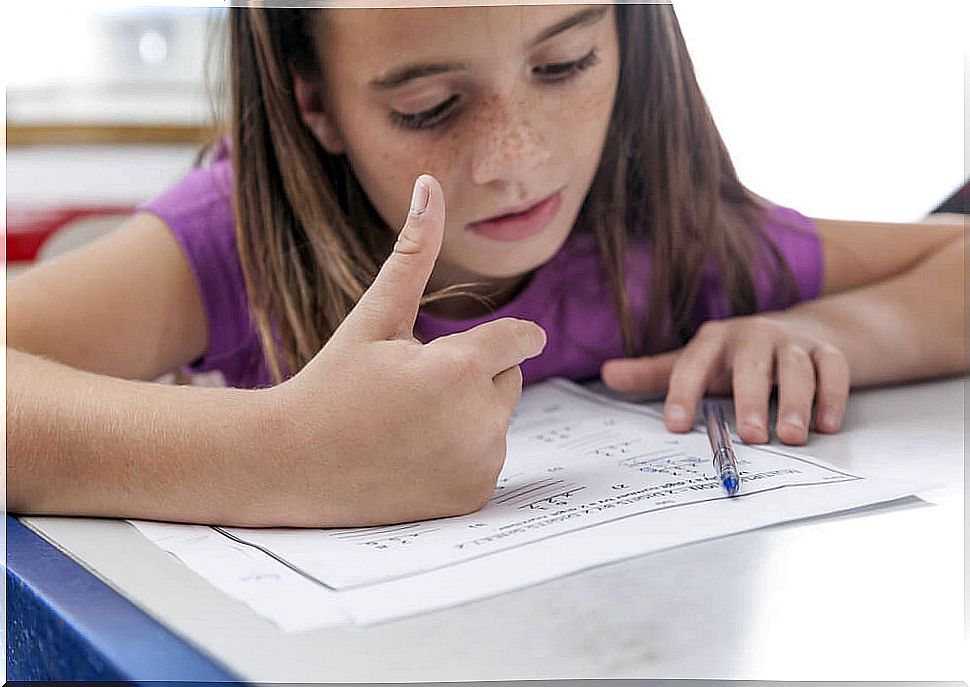
Children with dyscalculia are included in the group of students with specific educational support needs. For this reason, the school must offer them a series of support resources and specialized care. But it is also important that you have some basic notions at home to be able to detect dyscalculia. For this reason, we have prepared the following article with information to know if a child has dyscalculia.
This specific learning disorder affects a large number of children and implies the presence of difficulties related to the acquisition of mathematical competence. This is a basic skill for good academic performance.
Acquisition of mathematical competence
The acquisition of mathematical competence is achieved gradually. For this reason, throughout all the years of schooling, new knowledge related to:
- The numbering.
- Seriation.
- The calculation.
- Problem solving.
- Carrying out logic exercises.
In addition, it can be said that there are various cognitive processes involved in learning mathematics. Thus, the thoughts that must be developed for the acquisition of mathematical competence are:
- Protonumeric knowledge.
- Knowledge of counting and numbers.
- Logical operations.
- Knowledge of the number system.
- Arithmetic operations.
- Solution of mathematical problems.
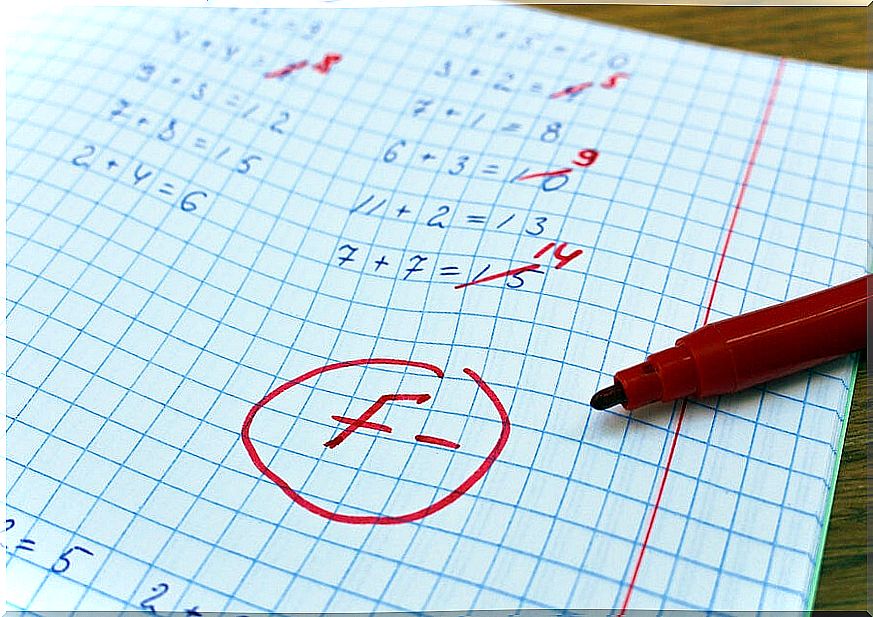
In this sense, it must be taken into account that, for the development of numbering and counting, the authors Gelman and Gallistel define five principles that must be assimilated:
- The first is to learn the one-to-one relationship between counting words and objects.
- The second is to recite the counting words in a stable order.
- The third principle has to do with cardinality. That is, understand that the last number that is said when counting represents the quantity of that set as a whole.
- Fourth, the principle of abstraction is described, which allows anything to be counted.
- The fifth is the irrelevance of order. This means being able to count through any sequence without altering the result.
How to know if my child has dyscalculia
Dyscalculia is a specific learning disorder that affects the acquisition of knowledge about numbers and calculation. This difficulty cannot be due to the presence of a low intellectual level. Nor can it be caused by school deprivation or a poor learning method. That is, a child can be considered to have dyscalculia when he frequently makes mistakes with the numerical data.
Therefore, the symptoms that can be observed in a child with dyscalculia are:
- He frequently uses his fingers to solve simple operations.
- You have trouble understanding the meaning of numbers.
- Has difficulty interpreting quantities.
- It is difficult for him to write and read the numbers.
- You have trouble automating multiplication tables.
But it should be noted that, when appreciating these warning signs, always keep in mind:
- The chronological age.
- The level of development.
Thus, once the suspicion of the possible presence of dyscalculia is established, it is important to contact the school, so that the information is compared with the teachers and a thorough evaluation is carried out by the guidance department.
One of the psychometric tests used by professionals to detect dyscalculia is the TEDI-MATH (Test for the Diagnosis of Basic Mathematics Competencies).
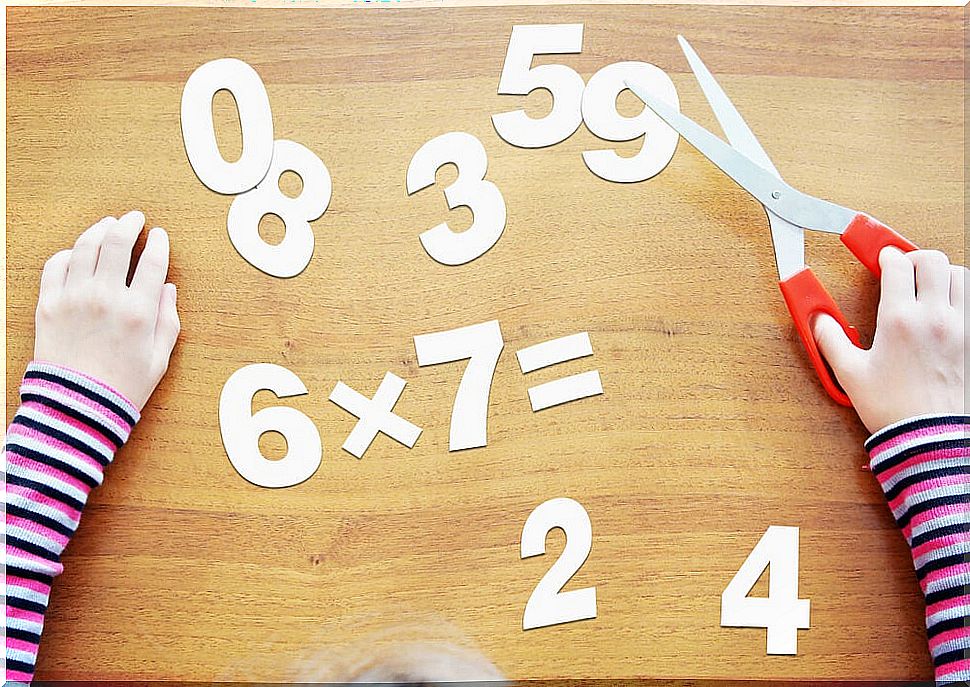
Help my child with dyscalculia
To help a child with dyscalculia from home, it must be done in a fun and playful way, without putting pressure or stress on the child. Therefore, some ideas to practice mathematical competence from home are:
- Do hobbies that include numbers.
- Teach calculus through demonstration and modeling.
- Play games that include the need to perform arithmetic operations.
- Perform practical calculation exercises. These should be useful for everyday life.
In addition, the family must verify that the school takes the appropriate measures to solve the child’s learning difficulties. Thus, normally, within the center, these students attend individual sessions with the Therapeutic Pedagogy (PT) teaching staff.
In this way, they can train mathematics with specialized materials and following a didactics focused on reinforcement for the acquisition of said competence.
